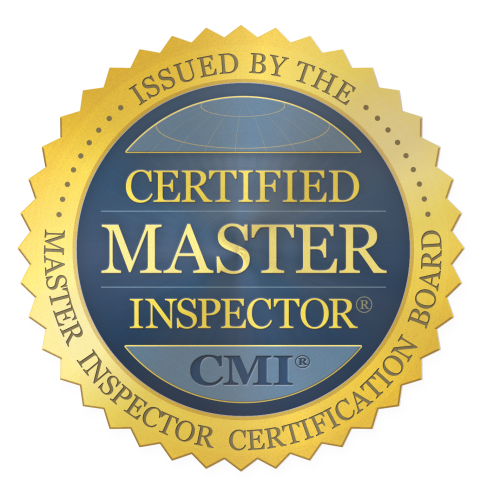You Don't Need a Home Inspection (2)
I am doing at least one new construction inspection every week, either pre-drywall or final walk through. In every case, the line, "You don't need a home inspection" comes up.
It starts with the sales agent representing the builder. "You won't need a private home inspection. We are putting our best supervisor on your house. He is terrific. He will catch everything." You would not believe how often my clients tell me this one...
From there it continues with the supervisor. "You know, I am on site every day. I see everything that comes into and goes up in this house. You won't need a private home inspector - you have me." Okay, never mind the fact that on most new home construction the supervisor changes two or three times. Does the one communicate with the other? I can tell you they didn't on my house.
The supervisors are also saying, "This house gets inspected every day by me. The county also does a number of inspections. You won't need a private home inspection. By the time he shows up the house has had dozens of inspections."
Lately I am getting calls from clients wanting a pre-drywall inspection even after having been told by their agent that since the builder and county do so many inspections they simply won't need to "waste" their money on a private home inspector. I suspect that kind of advice is coming from agents because of the weak market and they want to control any outside variables that might impede the sale. But I don't know... The client's most common question? "What stuff do you normally see wrong on a pre-drywall inspection?"
There is no answer to that question!
Every house is different. What do I see a lot of?
- Missing small sections of roof that the roofer was going to come back later for.
- Interior nails used in outdoor applications. I see this ALL THE TIME. The nails in some cases are three weeks old and already rusting. The key word in the term "interior nails" is the word "INTERIOR!!" As they rust the wood will rot. And night will follow day...
- Improperly flashed windows and doors. This sets them up to leak. The leaking may or may not be discovered within the first year warranty period, but it will happen.
- Faux stone that is glued directly to substrate - no vapor retarder, no mesh, no scratch coat, etc. Soon thereafter the faux stone is already cracking, the mortar separating, the "stone" sounding loose when tapped on. Water WILL get behind this product, and it WILL cause the substrate to swell, and it WILL leak more, and it WILL cause rot and mold - there are so many variables that can go wrong, you know Murphy will take over and something will go wrong. The contractor's experience and ability is essential. It is often not present - you CANNOT pick up good subcontractors at the 7-11 and expect quality work. In my opinion, this faux stone will prove to be the next EIFS and in the long run will prove to be a BIG problem.
- Insulation that is not stapled. It WILL fall in the first year. Rooms WILL be hot and cold.
- Generally unprofessional work - particularly drywall and painting.
How is it possible that with the aforementioned "dozens of inspections" that I can go to a property and in a couple of hours find dozens of problems?
Here is an exchange from the other day --
Me - "You are using interior nails outside on the wood trim and guardrails."
Supervisor - "We have always done that."
Me - "There is a reason they are called interior nails. They should only be used inside. They are already rusting and will quickly cause rot. Why don't you use stainless steel, galvanized or dipped nails? They are made for outdoor applications."
Supervisor - "Dipped in what?"
I REST MY CASE, YOUR HONOR!
My recommendation: Get a home inspection! Find a couple you trust and refer them to your client. Your client can decide which to use, but recommend the inspection! On new construction I recommend two - pre-drywall and the final walk through. Of those two, the pre-drywall might be the more important. But DO NOT discount the final!
